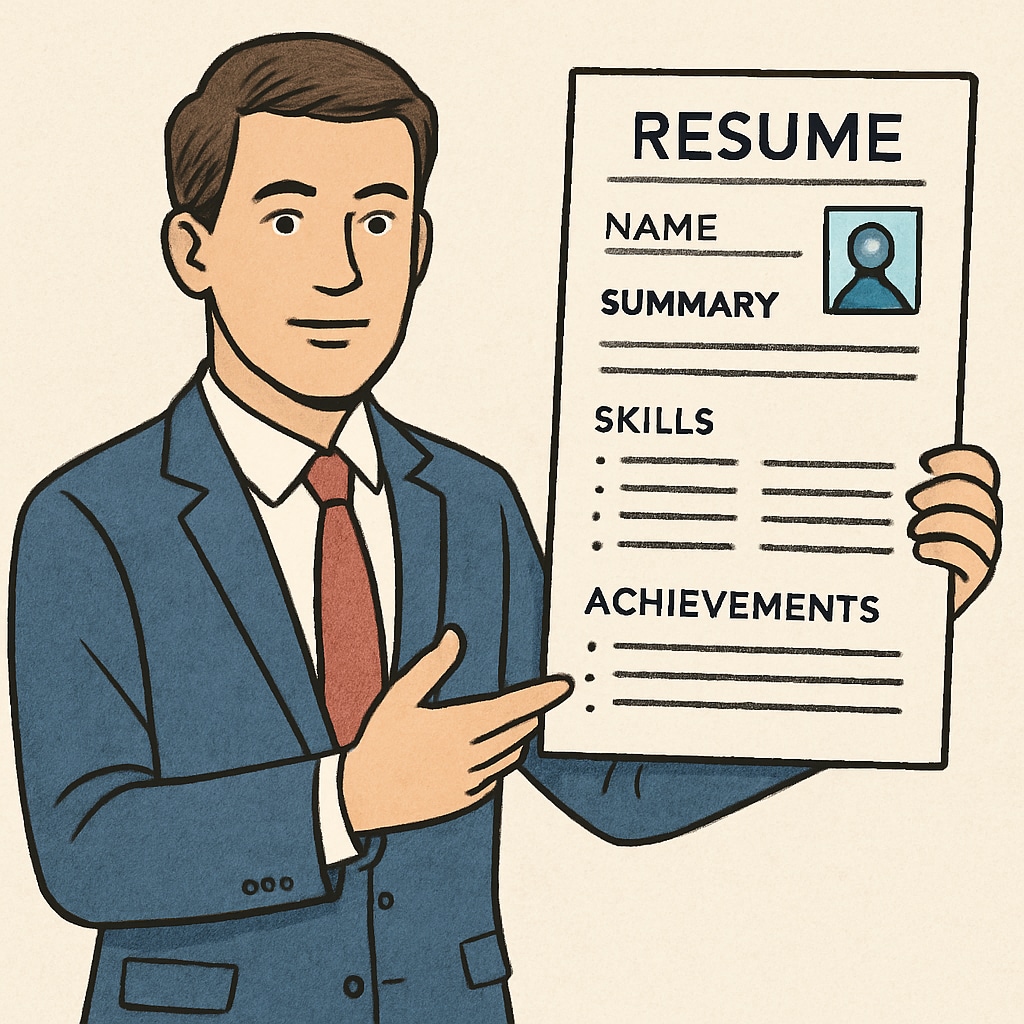In a world where university prestige bias, academic prejudice, and self-worth are intricately connected, students often find their identities overshadowed by the reputation of their alma mater. The societal emphasis on elite university credentials can erode self-esteem and perpetuate inequities in education. This article examines how university prestige bias influences students’ self-perception and advocates for a shift toward a skills-based educational framework that prioritizes individual abilities over institutional labels.
The Roots of University Prestige Bias
University prestige bias refers to the societal tendency to evaluate individuals based on the reputation of the institution they attended rather than their skills, talents, or achievements. This phenomenon is deeply ingrained in many cultures, often linked to historical elitism and class divisions. For example, graduates from Ivy League institutions or globally recognized universities are frequently assumed to be more capable or intelligent than those from lesser-known schools, regardless of their actual performance.
Academic prejudice stemming from this bias can have far-reaching consequences. Students who attend less prestigious universities may feel undervalued, leading to a diminished sense of self-worth and motivation. Moreover, this bias reinforces systemic inequalities, as access to top-tier universities often depends on socioeconomic factors.

The Impact on Self-Worth and Identity
When individuals are judged primarily by the reputation of their university, their self-worth becomes tied to external validation. This creates a toxic cycle where students from non-elite institutions may internalize feelings of inferiority. Over time, this can affect their career aspirations, relationships, and mental health.
For example, a study published in Britannica found that societal biases toward prestigious universities influence hiring decisions, often overlooking highly skilled candidates from less renowned schools. This perpetuates the false notion that personal worth is dictated by educational pedigree.
To combat this, educators and policymakers must emphasize the value of diverse educational backgrounds and foster environments where all students feel empowered to succeed.
Shifting Toward a Skills-Based Education System
To address university prestige bias, we need to rethink how we evaluate educational and professional success. A skills-based approach focuses on individual competencies rather than institutional affiliations. Such a system not only levels the playing field but also encourages lifelong learning and adaptability.
- Emphasize Practical Skills: Incorporate real-world applications and hands-on experiences into curricula to prepare students for diverse career paths.
- Revamp Assessment Methods: Transition from grades and test scores to portfolio-based evaluations that highlight creativity, problem-solving, and teamwork.
- Promote Inclusive Hiring Practices: Encourage employers to adopt blind recruitment processes, focusing on candidates’ skills and experiences rather than their alma mater.
Organizations like the Skills-Based Learning Initiative provide valuable frameworks for implementing these changes, demonstrating the benefits of prioritizing abilities over institutional prestige.

Empowering Students to Embrace Their Worth
Beyond systemic changes, students must be equipped with the tools to navigate a world rife with academic bias. Building resilience and self-confidence is essential for overcoming the challenges posed by university prestige bias.
Here are some strategies for students:
- Focus on Growth: View education as a journey of personal and professional development, not a competition for prestige.
- Seek Mentorship: Connect with mentors who value your skills and can provide guidance regardless of your educational background.
- Celebrate Achievements: Acknowledge your accomplishments and the effort it took to achieve them, regardless of external validation.
By fostering a mindset that values self-worth over societal expectations, students can thrive in any environment.
Conclusion: Redefining Success Beyond University Prestige
Breaking free from university prestige bias is essential for creating a fairer, more inclusive education system. By prioritizing skills-based learning and fostering self-worth, we can empower individuals to define success on their own terms. As society shifts its focus from institutional labels to individual abilities, we move closer to a world where every student’s potential is recognized and celebrated.
It’s time to challenge the status quo and embrace a vision of education that values what truly matters: the unique talents and contributions of each individual.


